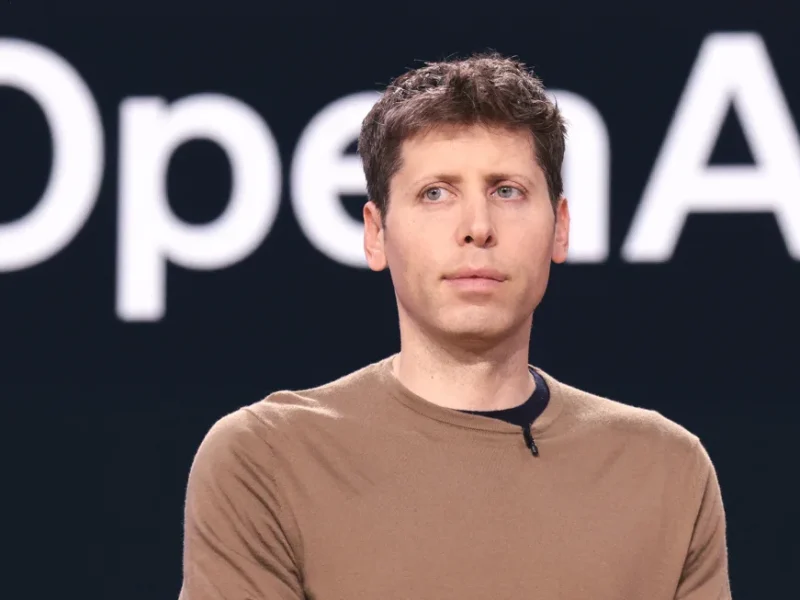On Thursday, OpenAI announced a significant challenge to its major Big Tech competitors with the introduction of a new AI-powered search engine. The new tool, called SearchGPT, is designed to integrate OpenAI’s AI technology with real-time web information, allowing users to search in a conversational manner similar to interacting with ChatGPT. Currently in an early testing phase for a limited audience, OpenAI plans to incorporate this functionality into ChatGPT in the future.
SearchGPT will enable users to ask questions in natural language and receive up-to-date answers, including direct links to relevant sources. This contrasts with ChatGPT, which often relies on older data. For instance, a demo showed SearchGPT answering questions about the best tomatoes to grow in Minnesota and providing links to gardening resources.
The new search engine also features a sidebar with additional relevant links, echoing the traditional search results format seen on Google.
OpenAI’s move directly competes with Google, which has dominated the search market but has been racing to catch up in the AI space since the launch of ChatGPT in November 2022. SearchGPT also presents a challenge to Microsoft’s Bing, which integrated OpenAI’s technology last year to enhance its search capabilities.
SearchGPT aims to make finding information faster and more efficient by improving conversational search capabilities with real-time data. This comes in response to Google’s recent attempt to enhance search results with AI-generated summaries, which faced backlash due to inaccuracies and potential impacts on news publishers’ web traffic.
In contrast, OpenAI has collaborated with publishers to ensure their content is managed appropriately in SearchGPT’s results. The company also ensures that publishers can opt out of having their content used to train AI models while still being included in search results.











